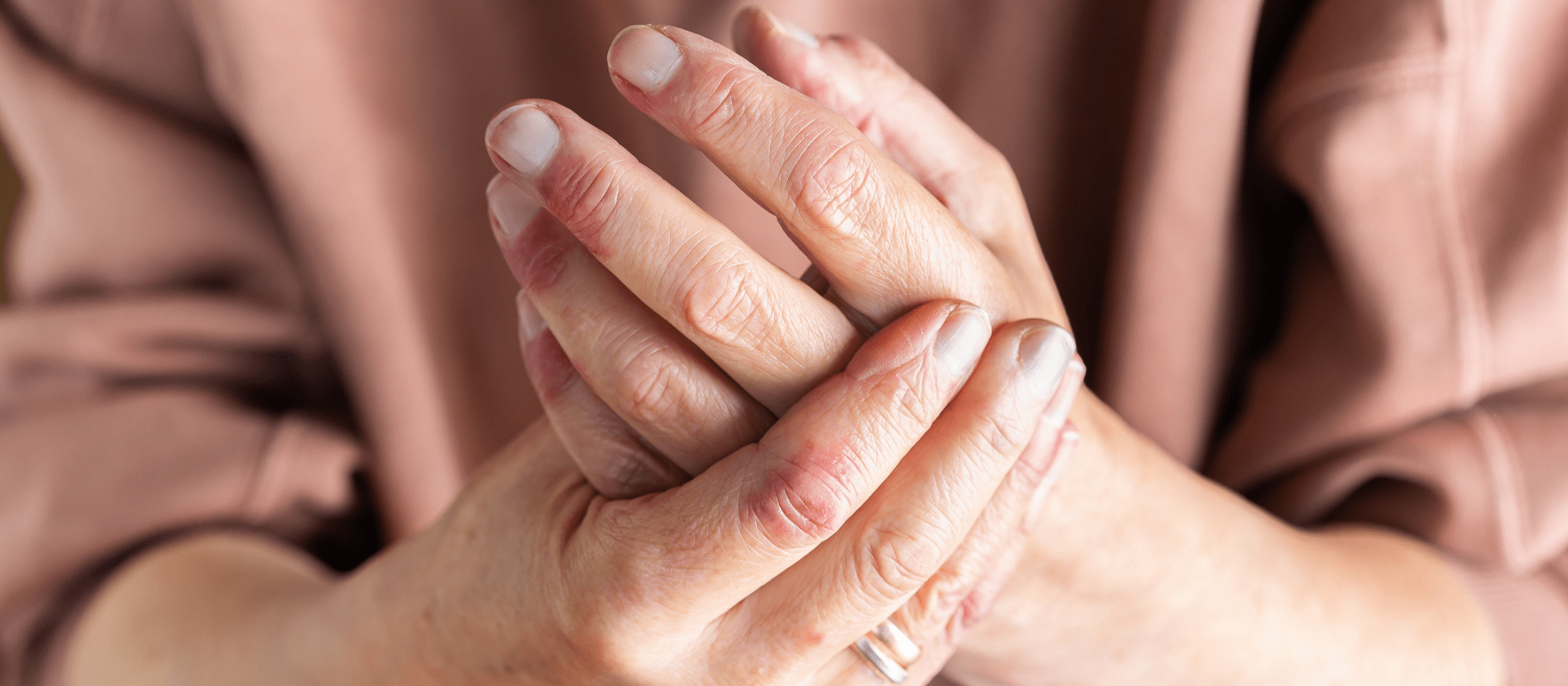What is Psoriasis?
Psoriasis appears as itchy patches of reddened skin, typically on your elbows, knees, or scalp, and doesn’t go away with over-the-counter medications. The experienced team at Atlantic Dermatology located throughout the Greater Charlotte, North Carolina area, can diagnose and treat your psoriasis, so you have reduced inflammation and clearer skin.
CAUSES
The skin condition psoriasis is due to skin cells that have an irregular life cycle. Their growth increases at an unnatural rate, so the cells pile up on the surface of the skin forming red patches and scales that itch and cause pain.
The exact reason why your skin cells go haywire is unknown, but it’s likely due to genetics and a faulty immune system. It can develop at any age, but it most commonly appears between ages 15 and 35. A trigger, such as stress or the weather, is often responsible for the onset of psoriasis and outbreaks.
Psoriasis is not contagious, so you cannot catch it from coming in contact with it.
SYMPTOMS
Areas of skin that are dry or red, and that are usually covered with silvery or white scales
Rashes on the scalp, genitals, or in skin folds (like the folds you have at the elbow)
Nail changes that make the fingernails or toenails look pitted, crumbly, or different in color
Psoriasis has an emotional effect, too. People with the condition often feel embarrassed by their skin, and some get depressed or anxious. If you have these problems, mention them to your doctor or nurse. You might feel better with counseling or another type of mental health treatment.
FAQ
What are the different types of psoriasis?
Psoriasis describes a group of skin conditions that include:
- Plaque psoriasis, which is most common and manifests as red patches covered in silvery scales
- Guttate, which shows up as dot-like pimples on the body
- Inverse psoriasis that appears as bright red lesions in folds, such as under the arm, or in the groin
- Pustular psoriasis, consisting of white blisters of pus surrounded by red skin
- Erythrodermic, which is an exceptionally severe form that causes bright redness over the whole body, resulting in severe itching and pain
How is psoriasis diagnosed?
The providers at Atlantic Dermatology do a thorough physical exam, review your symptoms, and discuss with you your medical and family history to determine if you have psoriasis. No blood test can diagnose it, but they may order a skin biopsy to see if the psoriatic skin is thicker and inflamed.
What is psoriatic arthritis?
Psoriatic arthritis is a form of arthritis that can affect some people with psoriasis. It causes pain and swelling in the joints. If you have these problems, mention them to your doctor or nurse.
People with psoriatic arthritis can take medicines to reduce pain and swelling. Exercise and physical therapy can also help. Plus, some of the same medicines that help with the skin problems caused by psoriasis also help with psoriatic arthritis.
Schedule An Appointment
Our team provides thoughtful, expert care for all your skin health needs. We are proud to offer the most advanced general, surgical and cosmetic dermatological services throughout Charlotte, Wilmington, and surrounding areas. Your best skin awaits.


